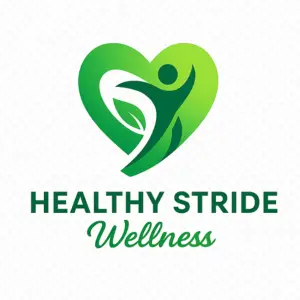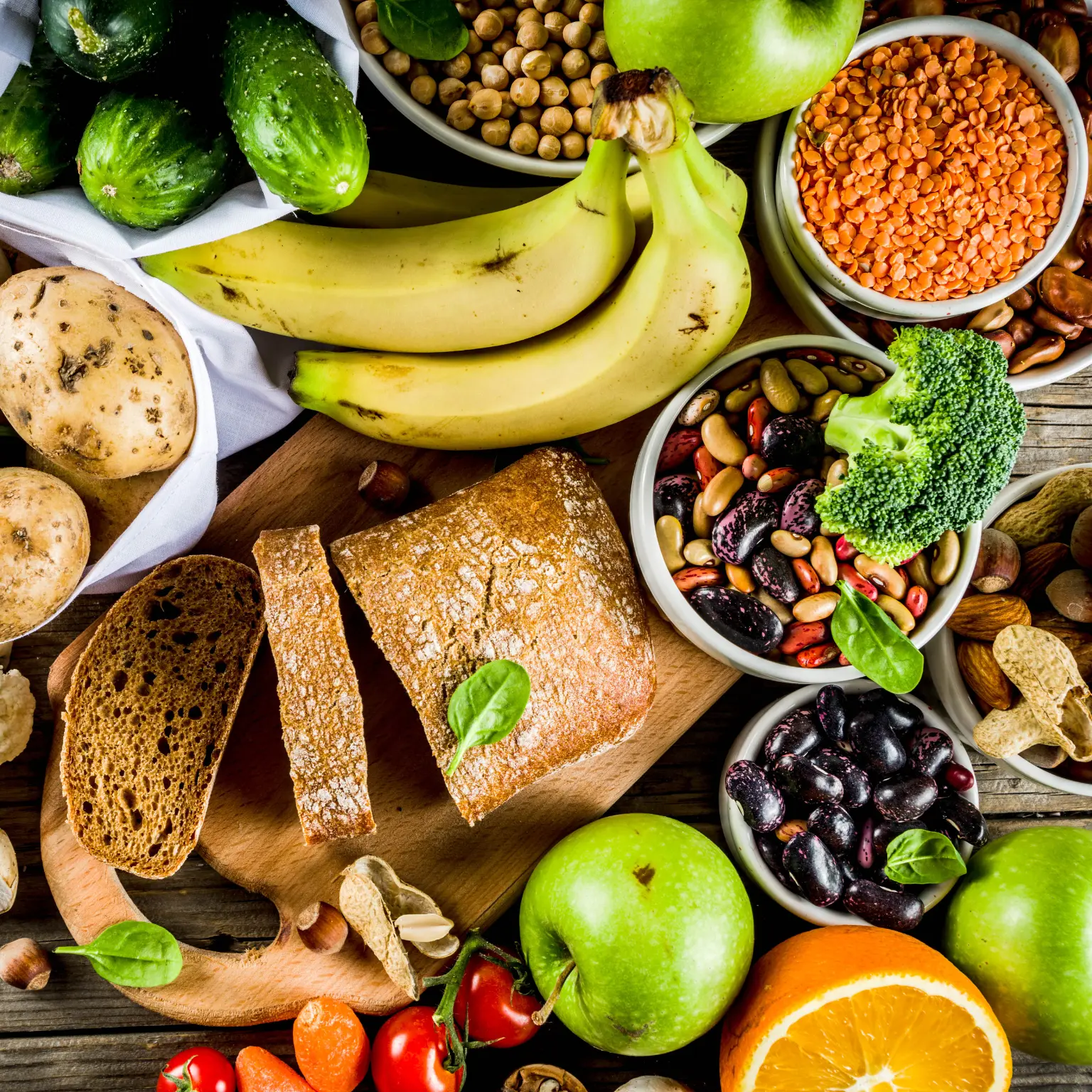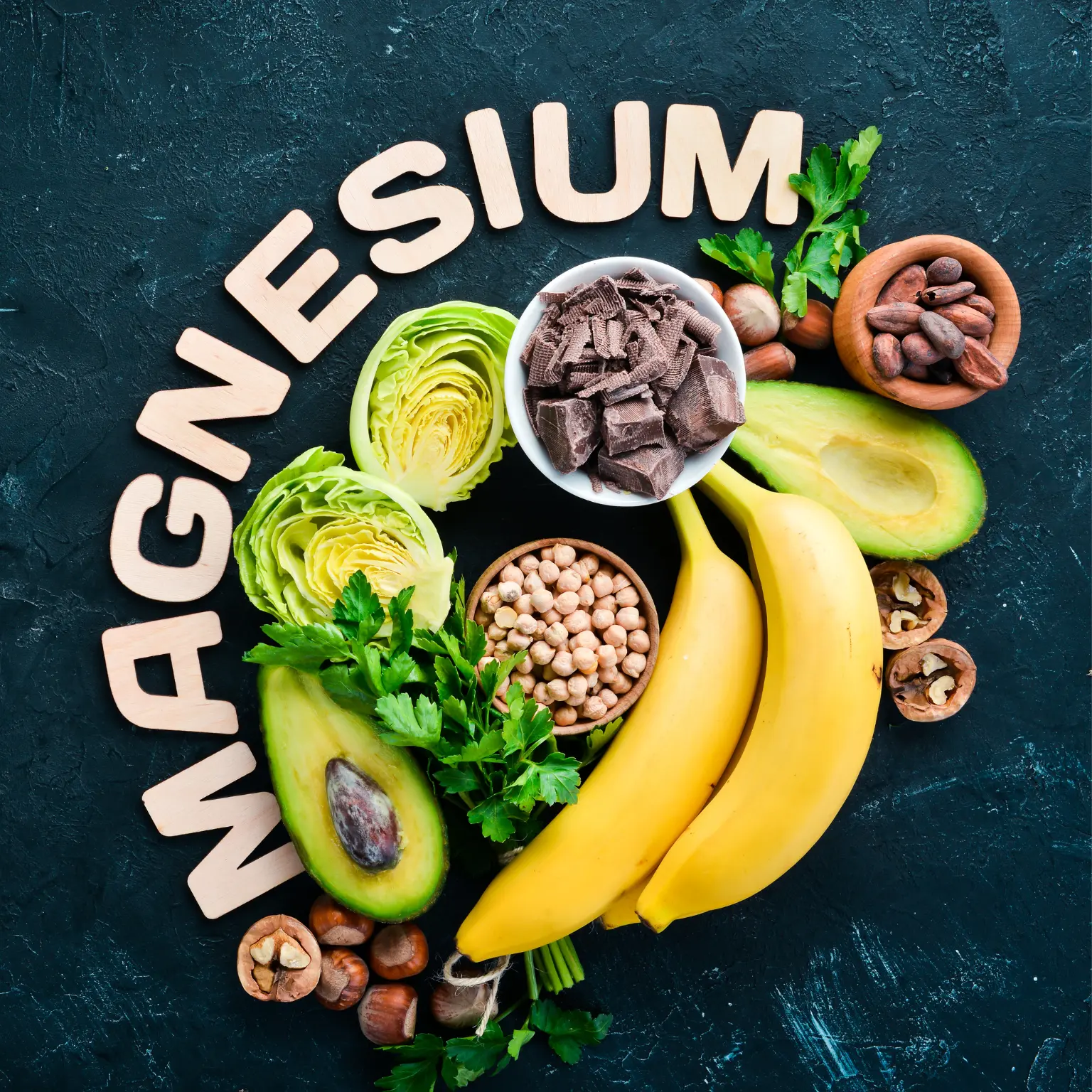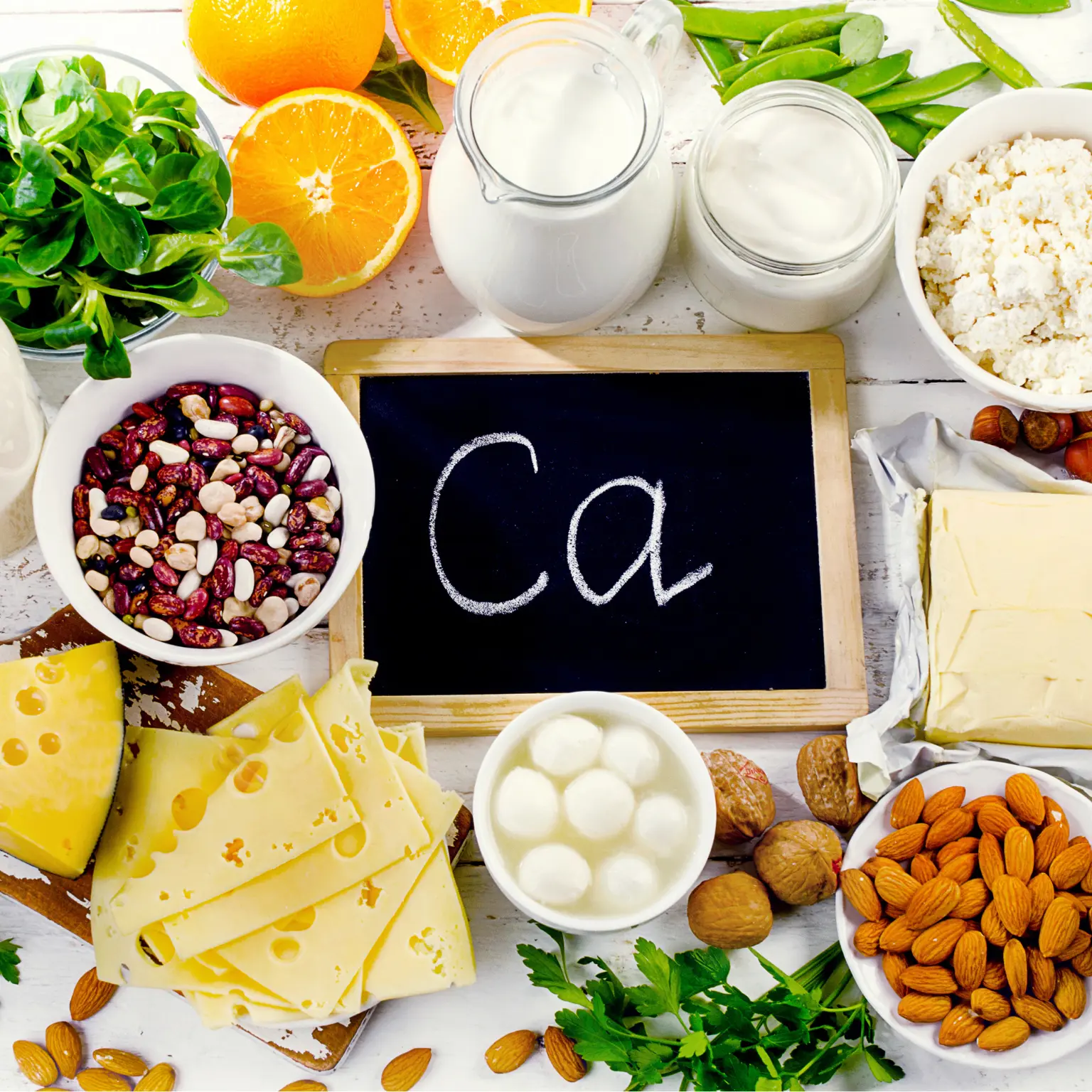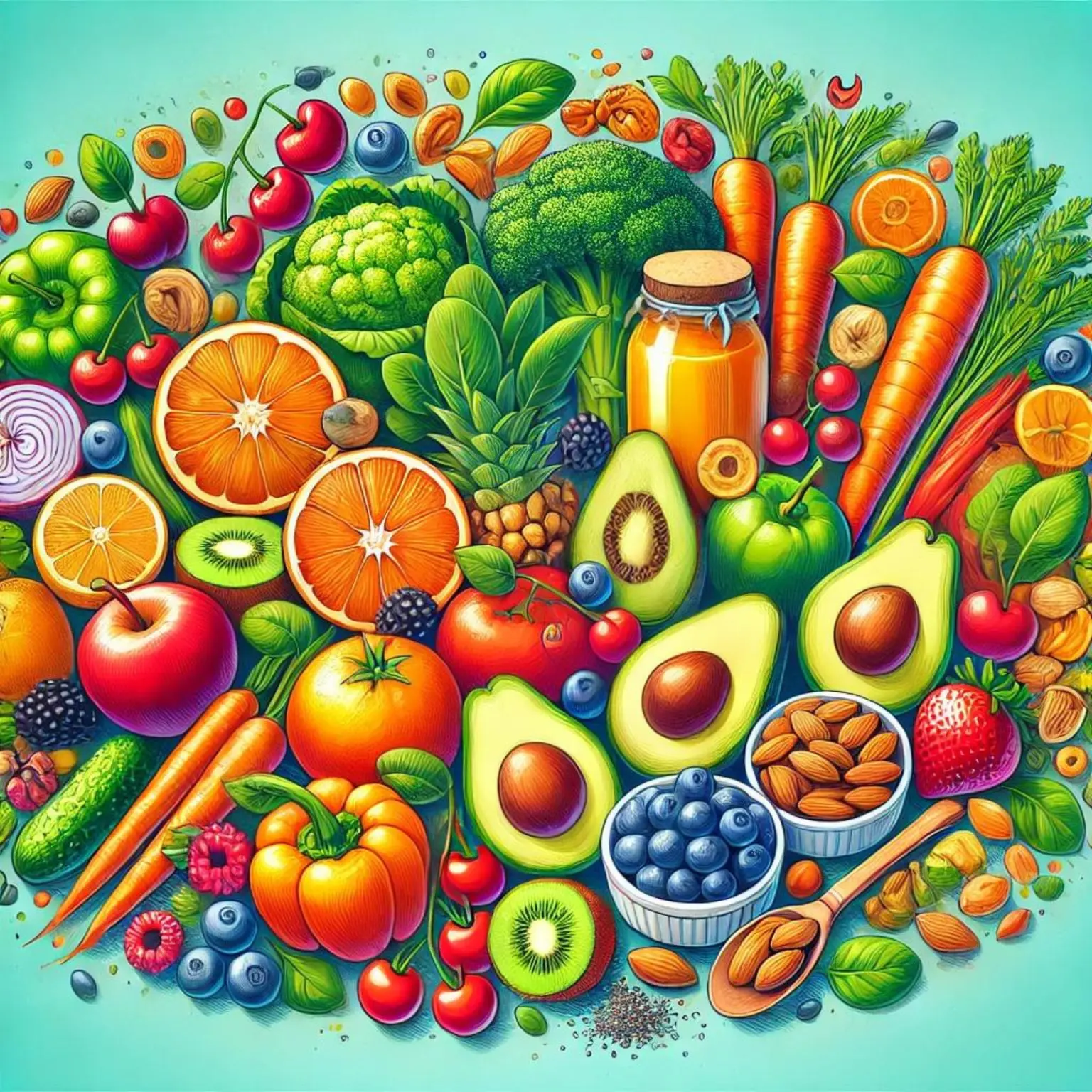5 Potassium-Packed Foods You Can’t Miss for Better Heart Health
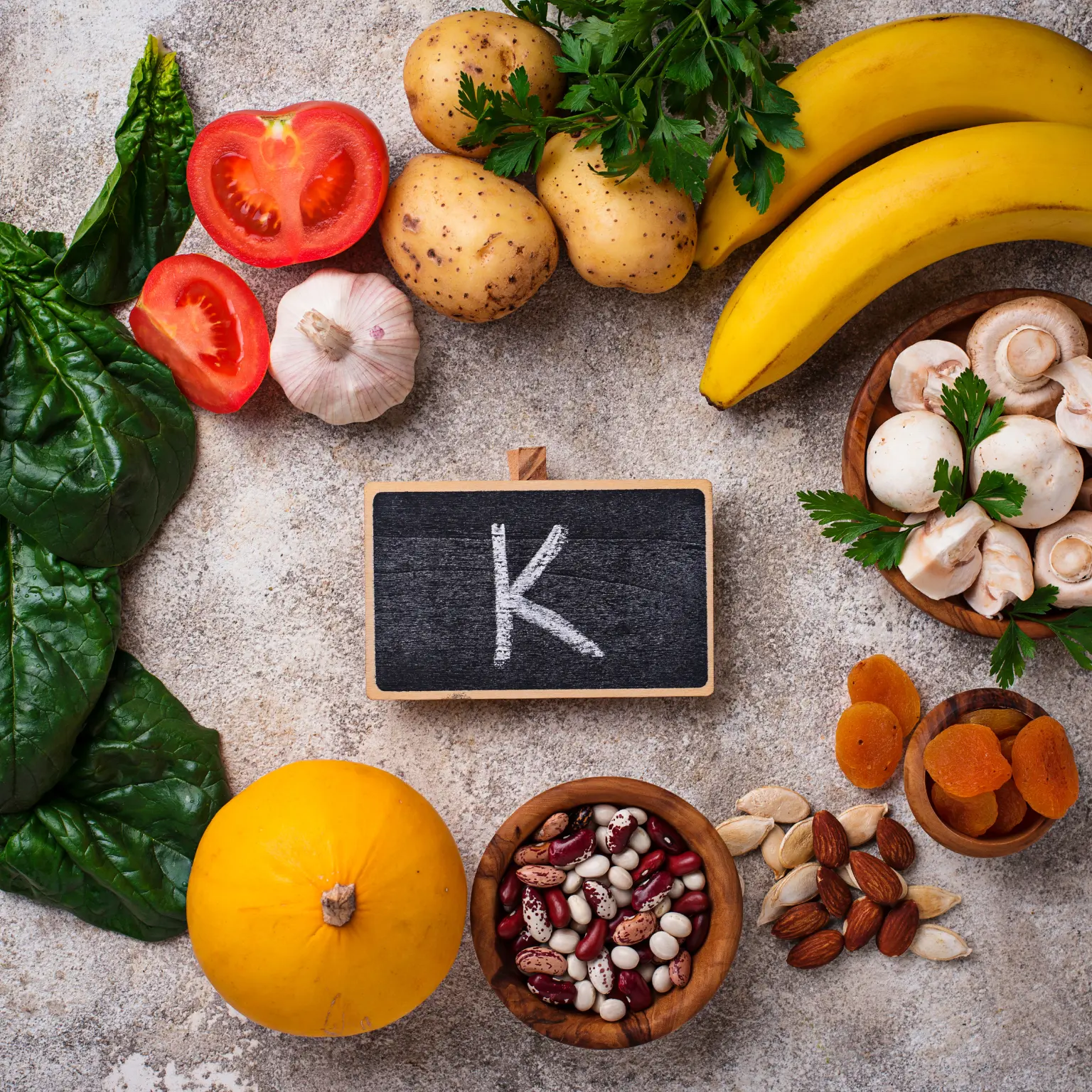
Welcome to Healthy Stride Wellness! We’re excited to bring you this informative blog on potassium-rich foods and their vital role in supporting heart health.
In today’s fast-paced world, maintaining a healthy heart is crucial, and what you eat plays a significant part in this. Potassium is a key nutrient that contributes to heart health by regulating blood pressure, supporting heart function, and preventing cardiovascular diseases.
This blog will explore 5 potassium-packed foods you can’t miss if you want to keep your heart healthy and strong.
Table of Contents
Key Takeaways
- Potassium is essential for maintaining a healthy heart, particularly in regulating blood pressure and heart function.
- Consuming potassium-rich foods can lower the risk of heart disease and improve overall cardiovascular health.
- Simple dietary changes, like incorporating more potassium-packed foods, can have a significant impact on heart health.
The Role of Potassium in Heart Health
Potassium is an essential mineral that your body relies on to function correctly, especially when it comes to your heart. It plays a vital role in maintaining the health of your cardiovascular system.
But what are the potassium benefits for heart health?
Potassium helps regulate blood pressure by balancing sodium levels in the body, which can otherwise lead to hypertension, a major risk factor for heart disease.
In addition, potassium ensures that your heart beats regularly and efficiently, reducing the risk of arrhythmias and other heart conditions. By including potassium-rich foods in your diet, you can significantly reduce the risk of developing heart disease and improve overall heart function.
How Much Potassium Do You Need for a Healthy Heart?
Understanding how much potassium you need daily is essential for maintaining heart health. The general recommendation for adults is to consume between 2,500 and 3,000 milligrams of potassium per day. This amount can be easily achieved by including a variety of potassium-rich foods in your daily diet.
Bananas: The Classic Potassium-Rich Food
Bananas are one of the most well-known potassium-rich foods and a staple in many diets. A medium-sized banana contains about 422 milligrams of potassium, making it an excellent choice for anyone looking to increase their potassium intake.
Why Bananas?
- Easy to incorporate into any meal: Bananas can be eaten on their own, added to smoothies, or included in breakfast cereals.
- Supports heart health: The high potassium content helps regulate heart function and maintain normal blood pressure.
- Additional nutrients: Besides potassium, bananas are also rich in vitamin C, fiber, and vitamin B6, all of which contribute to overall health.
Including bananas in your diet is an easy way to boost your potassium intake and support your heart health.
Sweet Potatoes: A Nutrient-Dense Powerhouse
Sweet potatoes are another fantastic source of potassium. One medium sweet potato offers about 541 milligrams of potassium. This versatile vegetable is not only rich in potassium but also packed with vitamins and antioxidants that support overall health.
Why Sweet Potatoes?
- Rich in fiber and potassium: Sweet potatoes help to manage blood pressure and improve digestion.
- Supports blood pressure control: Potassium in sweet potatoes helps to balance sodium levels, reducing the risk of hypertension.
- Nutrient-packed: Sweet potatoes are also high in vitamins A and C, which are important for immune function and skin health.
Adding sweet potatoes to your meals is an excellent way to increase your potassium intake while enjoying a portion of delicious and nutritious food.
Spinach: The Green Giant of Potassium
Spinach is one of the best potassium-rich foods you can include in your diet. A cup of cooked spinach provides about 839 milligrams of potassium, making it a powerhouse for heart health.
Why Spinach?
- High in potassium and other nutrients: Spinach is rich in vitamins K, A, and C, as well as iron and magnesium, all of which are essential for heart health.
- Helps lower blood pressure: The potassium in spinach helps to counteract the effects of sodium, reducing blood pressure.
- Versatile in meals: Spinach can be easily added to salads, smoothies, or cooked dishes, making it a flexible option for increasing your potassium intake.
By incorporating spinach into your diet, you can enjoy a wide range of health benefits, including improved heart health.
Avocados: The Heart-Healthy Superfood
Avocados are super popular right now, and guess what? They’re really good for you too! One medium avocado contains about 708 milligrams of potassium, making it one of the best foods for supporting heart health.
Why Avocados?
- Rich in potassium and healthy fats: Avocados provide a significant amount of potassium and heart-healthy monounsaturated fats, which help lower bad cholesterol levels.
- Supports heart function: The potassium content in avocados helps regulate blood pressure and improve overall heart health.
- Nutrient-dense: Avocados are also rich in fiber, vitamins E and K, and folate, which are essential for maintaining a healthy heart.
Adding avocados to your diet is a delicious way to boost your potassium intake and protect your heart.
White Beans: The Potassium-Packed Legume
White beans are one of the most potent potassium-rich foods available. A cup of cooked white beans can provide up to 1,000 milligrams of potassium, making them an excellent choice for anyone looking to increase their potassium intake.
Why White Beans?
- High in potassium and protein: White beans are an excellent source of plant-based protein and dietary fiber, both of which are important for heart health.
- Helps control blood pressure: The high potassium content in white beans helps to manage blood pressure and reduce the risk of heart disease.
- Versatile and easy to use: White beans can be added to soups, stews, salads, or even used as a side dish, making them a convenient way to increase your potassium intake.
Incorporating white beans into your diet is a simple and effective way to support your heart health through increased potassium consumption.
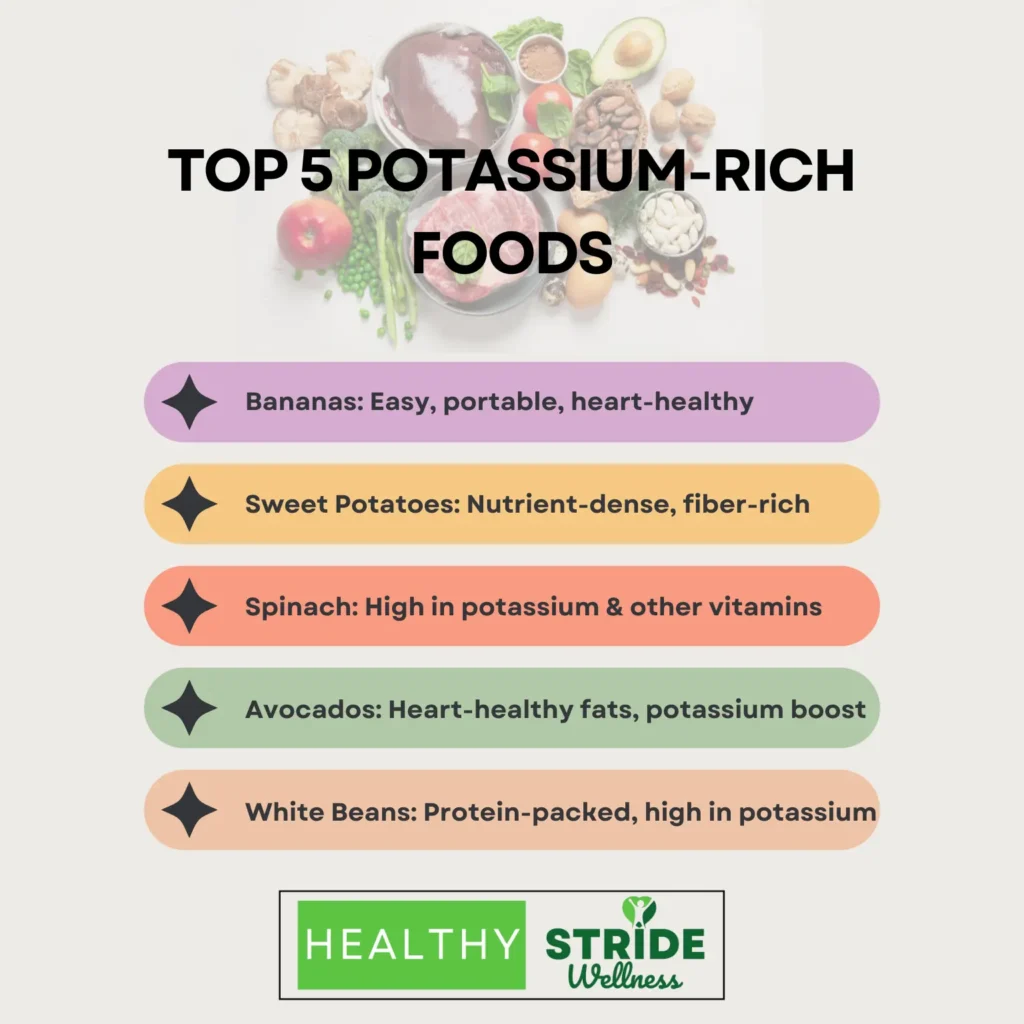
How to Get More Potassium in Your Diet?
Incorporating more potassium-rich foods into your diet is easier than you might think. Here are some simple tips to help you get more potassium every day:
- Start your day with a banana: Add a banana to your breakfast, whether in your cereal, smoothie or on its own.
- Swap regular potatoes for sweet potatoes: Roasting or baking sweet potatoes provides a delicious and nutrient-rich side dish.
- Add spinach to your meals: Toss spinach into salads, blend it into smoothies, or sauté it as a side dish.
- Include avocados in your diet: Use avocados in salads, on toast, or as a healthy topping for various dishes.
- Incorporate white beans into recipes: Add white beans to soups, stews, or salads for a hearty and potassium-rich meal.
Potassium and Blood Pressure Control
| One of the most significant potassium-rich foods benefits for heart health is their ability to control blood pressure. High blood pressure, also known as hypertension, is a leading cause of heart disease and can significantly increase the risk of heart attacks and strokes. Potassium plays a crucial role in this process by helping to reduce the effects of sodium in the body. Sodium, when consumed in excess, can raise blood pressure, putting extra strain on your heart and blood vessels. |
| By incorporating more potassium-rich foods into your diet, you can help your body maintain a healthier blood pressure level. Potassium works by balancing the sodium levels in your body, which in turn helps to relax blood vessel walls and improve overall circulation. This natural balancing act reduces the strain on your heart, thereby lowering the risk of developing cardiovascular disease. |
| Eating a diet rich in potassium-rich foods is a simple yet effective way to protect your heart and support long-term cardiovascular health. Whether it’s through fruits like bananas, vegetables like spinach, or legumes like white beans, increasing your potassium intake can make a significant difference in maintaining healthy blood pressure and reducing heart disease risk. |
Essential Nutrients for Heart Health
| While potassium-rich foods are essential for heart health, it’s crucial to remember that a balanced diet rich in a variety of nutrients is the best way to support your cardiovascular system. Potassium plays a vital role in maintaining heart function and regulating blood pressure, but it’s most effective when combined with other important nutrients. For instance, magnesium is key to maintaining a steady heartbeat and supporting nerve function, while calcium helps with muscle contractions, including the heart’s, and ensures that blood vessels remain flexible. |
| In addition to potassium-rich foods, incorporating calcium and magnesium into your diet can help strengthen your heart and lower the risk of cardiovascular issues. Omega-3 fatty acids, found in foods like fish and flaxseeds, are also crucial, as they reduce inflammation and improve cholesterol levels, further promoting heart health. Together, these nutrients work synergistically to protect your heart, making a varied and nutrient-rich diet the cornerstone of cardiovascular health and disease prevention. |
In Summary
At Healthy Stride Wellness, we’re committed to helping you take proactive steps toward better heart health. Incorporating these 5 potassium-packed foods into your diet is a simple yet powerful way to improve your heart health and overall well-being.
By understanding the importance of potassium and making informed choices, you can enjoy a healthier heart and a more vibrant life.
Boost your heart health with Healthy Stride Wellness! Discover the benefits of potassium-rich foods in your nutrient and diet plan. Explore more tips and insights to keep your heart strong and healthy. Follow us for expert guidance on wellness!
FAQs
What are the best foods for potassium intake?
Bananas, sweet potatoes, spinach, avocados, and white beans are some of the best potassium-rich foods.
How does potassium benefit heart health?
Potassium helps regulate blood pressure, reduce the impact of sodium, and ensure proper heart function, reducing the risk of heart disease.
Which foods are highest in potassium?
Foods like white beans, spinach, and avocados have high potassium content.
Please Note: Healthy Stride Wellness provides educational content and is not a replacement for medical advice. Consult a healthcare provider for any health issues.
